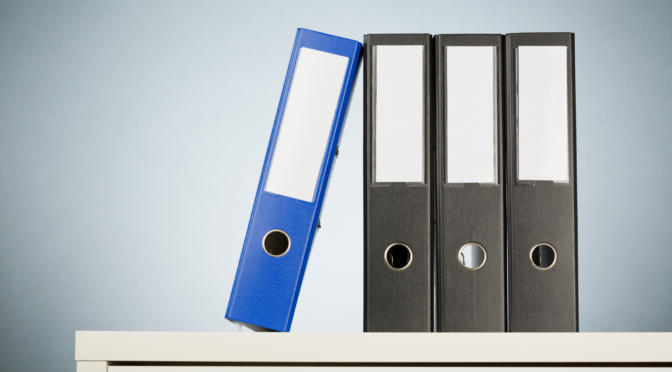Introduction:
Investing wisely is not only about making sound financial decisions but also about maintaining meticulous records. Keeping accurate and organised records of your investments is crucial for reporting income, claiming deductions, and ensuring compliance with tax regulations. In this blog post, we’ll explore the essential records you should maintain, why they are important, and how you can streamline the process using asset registers.
What Records to Keep:
1. Purchase and Sale Details:
– Keep a record of acquisition and disposal statements (buy and sell contracts).
– Retain these records for a minimum of 5 years from the date you dispose of your shares.
2. Financial Statements:
– Preserve bank statements and passbooks that document financial transactions related to your investments.
3. Income Documentation:
– Maintain records of dividend or managed investment distribution statements.
– Document any income generated from your investments.
4. Expense Records:
– Keep detailed records of expenses incurred in owning and maintaining your investments.
– This includes transaction fees, maintenance costs, and any other relevant expenditures.
5. Capital Loss Details:
– Record details of capital losses from previous years, as these can be offset against future capital gains.
Sources of Records:
1. Issuing Entities:
– Obtain records from the company that issued the shares.
2. Financial Intermediaries:
– Collect information from your stockbroker or online share trading provider.
3. Financial Institutions:
– If you used a loan to buy shares, gather records from your financial institution.
Why Keeping Records Is Crucial:
1. Accurate Tax Reporting:
– Maintain records to ensure accurate reporting of investment income and deductions during tax filing.
2. Compliance with Regulations:
– Adhering to regulatory requirements by retaining necessary documentation.
3. Facilitating Future Transactions:
– Having a comprehensive record can ease future transactions, such as selling or transferring investments.
4. Risk Management:
– Track capital losses and gains to assess and manage your overall investment risk.
Asset Registers: A Smart Approach to Record-Keeping:
1. Set Up an Asset Register:
– Create an asset register to consolidate and organise your investment information.
2. Centralized Information:
– Store all relevant details in one place, making it easier to track and manage.
3. Simplify Record Disposal:
– After 5 years, you may dispose of physical records if they are digitised in the asset register.
Conclusion:
Investing is not just about making money; it’s about managing your financial affairs responsibly. Keeping thorough investment records is a key component of financial success. By following these guidelines and utilising asset registers, you can ensure that your financial records are not just compliant but also well-organised, paving the way for a more successful and stress-free investment journey.






